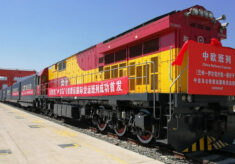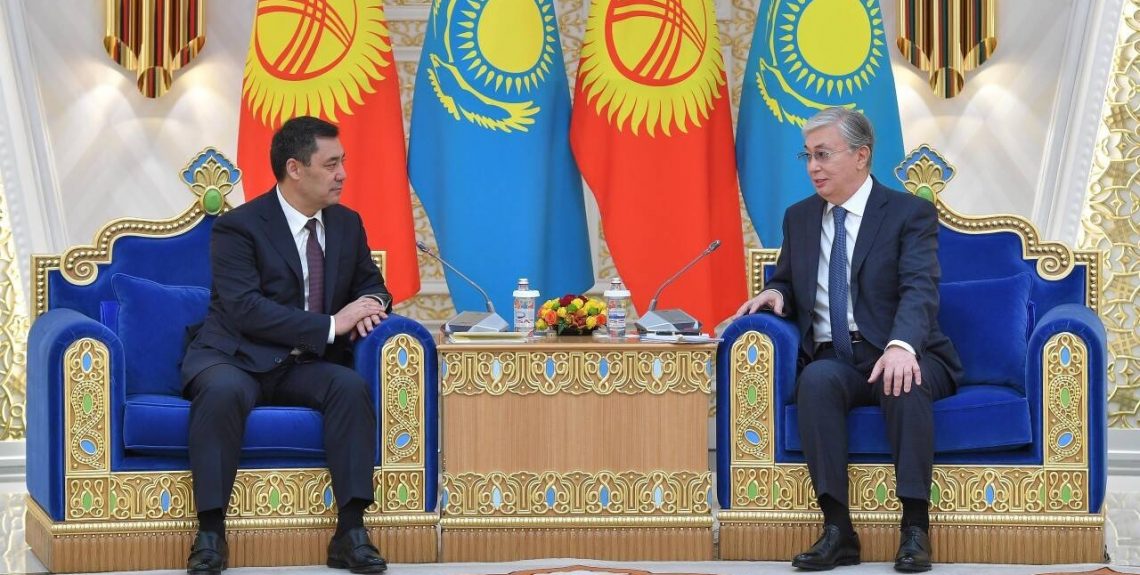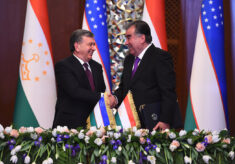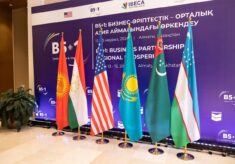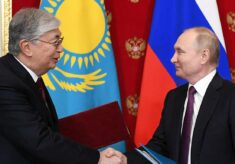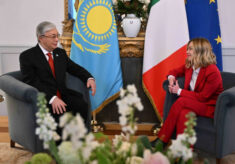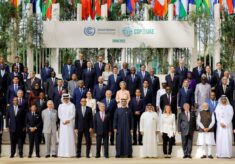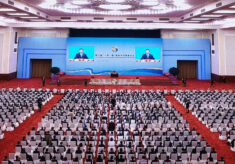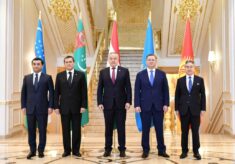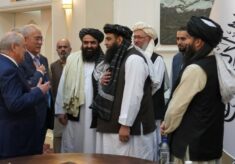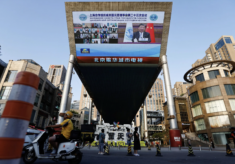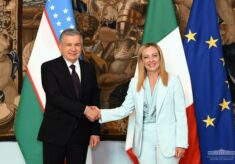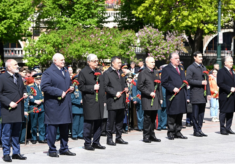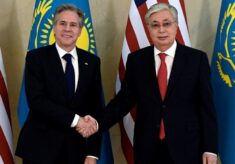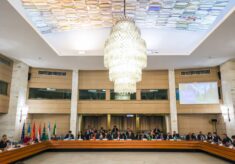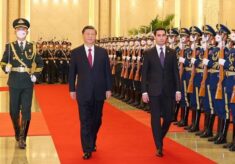Following his election as head of state in January 2021, the new Kyrgyz president Japarov is currently engaged in forging new orientations in the national foreign policy, strengthening alliances with traditional partners as well as improving relations with neighbouring countries.
Japarov’s “diplomatic tour” has started with the official visit to Russia, a necessary step to enhance the partnership with the traditional and historic partner in the political, economic and security field. Kyrgyzstan and Kazakhstan remain the only Central Asian republics that are members of the Eurasian Economic Union, while Russia is the main security partner for Bishkek, which also hosts Collective Security Treaty Organization (CSTO) troops at Kant military airbase. However, in Japarov’s perspective, the symbolic meaning of the bilateral meeting with Putin was to obtain Russian diplomatic and political support publicly after the chaotic political transition that led to the reversal of the pro-Russian former president Jeenbekov.
Kazakhstan was the second step of the Kyrgyz president’s “diplomatic tour”: several trade and technical agreements were signed (over the past 15 years, Kazakhstan has invested more than $1 billion in Kyrgyzstan), mainly to solve the cross-border trade disputes that affected bilateral relations in recent years and had a negative impact within the Eurasian Economic Union, delaying and hampering trade cooperation (Kyrgyz President Sadyr Japarov Visits Kazakhstan, Meets With President Tokayev, The Astana Times, March 3, 2021)
The official visit to Uzbekistan and the bilateral meeting with President Mirziyoyev produced the most significant results. Uzbekistan and Kyrgyzstan agreed to complete the border demarcation between them, implementing the 2017 deal aimed at demarcating 85% of the shared border. Additionally, these countries agreed to open land and air communications between Uzbekistan and the Uzbek exclave of Sokh inside Kyrgyzstan.
This agreement allows many sensitive issues to be dealt with (land and water, borders, enclaves), complicating Kyrgyz–Uzbek relations since 1991. The deal also envisages land swaps, while Uzbekistan in turn retains control over some important irrigation infrastructure. The Orto-Tokoi water reservoir is being recognized as Kyrgyz territory, but Uzbeks will be able to make free use of it (Kyrgyzstan, Uzbekistan sign deal to end border disputes, Eurasianet, March 26, 2021). This is an important precedent also for similar disputes around the world.
In spite of the alleged “wind of change” promoted by the new president, Kyrgyzstan’s foreign policy appears in continuity with the past, expressly giving priority to the improvement of regional cooperation. In order to achieve this purpose, in the coming months Kyrgyzstan should focus its efforts on improving relations also with Tajikistan, solving the existent source of tensions (namely land disputes along the shared border), actually poisoning bilateral relations.
